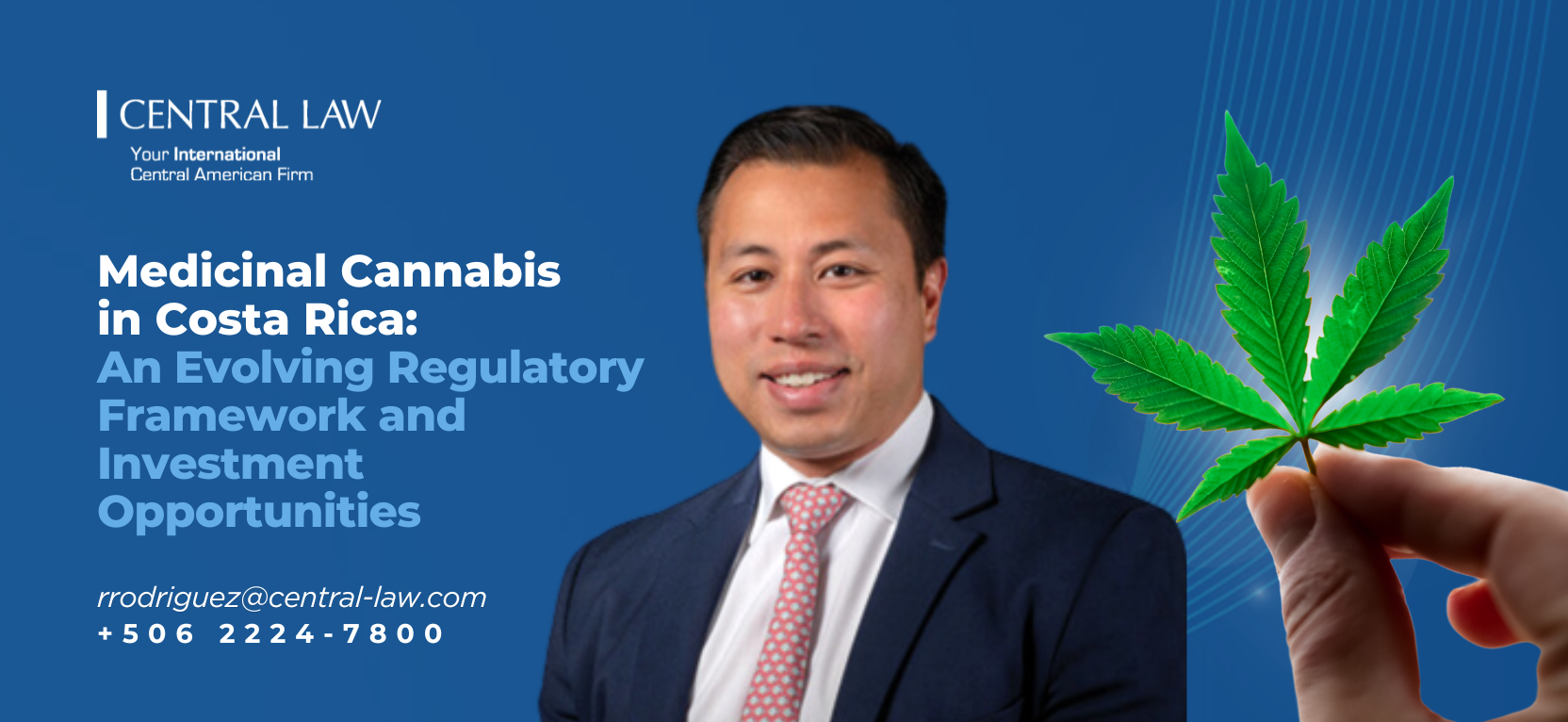Costa Rica continues to advance in the regulation of medicinal and therapeutic cannabis with the implementation of the Law on Cannabis for Medicinal and Therapeutic Use and Hemp for Food and Industrial Use (Law 10113), enacted on March 2, 2022.
On February 12, 2025, the Regulations for Law No. 10113 were approved, establishing specific rules for the application of the law.
The main objective of the regulations is to regulate and allow access to cannabis and its derivatives within the permitted limits, ensuring the fundamental right to health for the Costa Rican population, strengthening public health, and fostering the development of an emerging productive sector. The framework sets clear rules for traceability, control, and transformation of this industry in the country.
One of the key aspects of this regulation is the ethical and scientific oversight of biomedical research. For this purpose, the Scientific Ethical Committee (CEC), an independent body accredited by the National Health Research Council (CONIS), has been established. Both entities will play a fundamental role in ensuring that studies comply with rigorous scientific and bioethical standards, guaranteeing the competence of researchers, the protection of participants, and compliance with international norms in the field.
The regulations and the Law outline the three main types of licenses, each with specific activities and requirements:
- License for the Manufacturing of Psychoactive Cannabis Derivatives and/or Medicinal Products, granted for a renewable period of six years, allowing the acquisition of raw materials, manufacturing, storage, transportation, and commercialization.
- License for the Importation of Psychoactive Cannabis Derivatives and/or Finished Products for Commercialization, also valid for six years, including importation, storage, and transportation.
- License for the Importation of Propagative Material, Cultivation, and Primary Production of Psychoactive Cannabis, also valid for six years, covering seed acquisition, cultivation, harvesting, and commercialization.
Key Transitional Provisions
The regulations also include three main transitional provisions:
- Transitional Provision I: Traceability System
A traceability system must be implemented within 24 months from the enforcement of the regulations. Until it becomes operational, oversight will be carried out by the Ministry of Agriculture and Livestock (MAG), the Ministry of Health (MS), and the Costa Rican Institute on Drugs (ICD), each within their respective competencies. - Transitional Provision II: Technical Regulation
The Ministry of Health has 10 months to develop technical regulations on administrative provisions, health registration, and control of medicinal cannabis-based products and derivatives. - Transitional Provision III: One-Stop Investment Window
The Ministry of Agriculture and Livestock, the Ministry of Health, and the Costa Rican Foreign Trade Promotion Agency (PROCOMER) have six months to coordinate the implementation of digital system adjustments that will enable connectivity with the One-Stop Investment Window, facilitating the digital processing of applications.
Final Considerations
The new regulations represent significant progress in legal certainty and regulatory clarity, essential factors for attracting foreign investment and fostering local investment.
This regulatory framework is designed to attract foreign investors and support local producers, positioning Costa Rica as a prime destination for the development of the medicinal and therapeutic cannabis industry.
Costa Rica is emerging as a key player in the Latin American medicinal cannabis market, with legislation that balances access to innovative treatments with market safety and effective regulation.
Opportunities are on the table, but compliance with regulations will be the key to seizing them!
For more information, contact us: info@central-law.com
Ricardo Rodríguez
Director IP
Costa Rica




